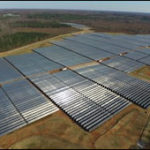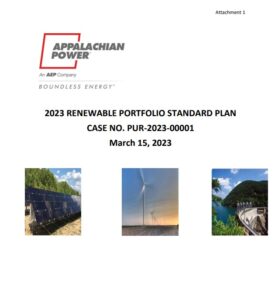
AdvanSix Chemicals Plant Hopewell Virginia Courtesy AdvanSix
by James C. Sherlock
We don’t see very many industrial strikes in Virginia.
Regular readers know that I have often supported blue collar unions in the private economy.
My family roots are linked to Pennsylvania coal mines. Those miners’ strongest claims were for their own safety. Followed very closely by their demands for living wages.
I started researching the story of the current strike by unions representing some 340 workers at the AdvantSix chemical plant in Hopewell with a bias towards supporting the strike.
Safety. I still do support it to the degree that they are striking for worker and plant safety. They reasonably want the company to prevent excessive overtime of current employees under inherently dangerous conditions that require close attention to detail.
Hopewell employees tell stories of consecutive 18-hour shifts.
They want the company to hire more workers to solve that.
But that workforce is far more skilled — better educated and trained, and higher paid – than I assumed.
AdvanSix has been unable to readily fill the jobs that they already advertise. It is hard to attract skilled workers to Hopewell. The company may need to cut production instead.
Wages. I thought I would also support the union wage increase demands in excess of what the company has offered, but I have found that issue is complicated and the public does not have a clear picture of the differences. Continue reading →















